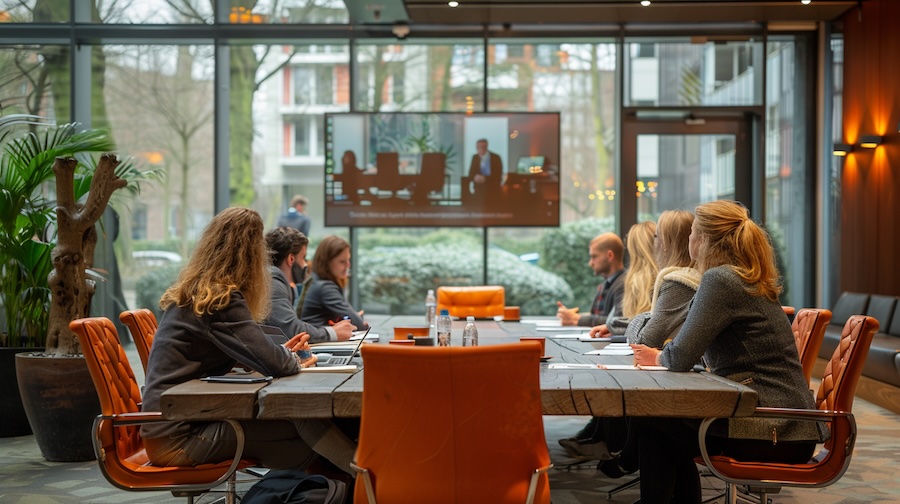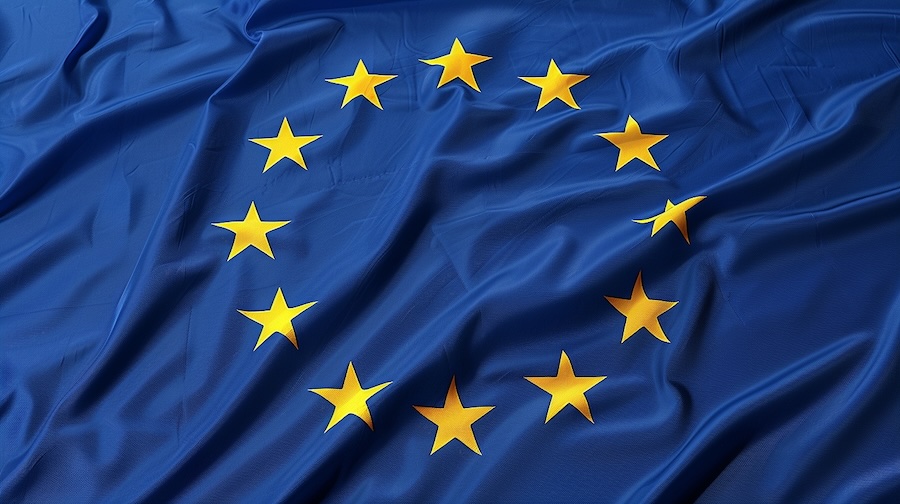Transnational Project Meetings (TPMs) are pivotal for the success of EU projects, offering a structured platform for cross-border collaboration. These meetings occur every six months and are strategic sessions where project coordinators and work package leaders share progress, align on upcoming activities, and plan future steps. The project coordinator emphasized the importance of understanding the nuances of these meetings to enhance project outcomes significantly. Ensure that all participants prepared well and efficiently to cover the objectives. TPMs are different from regular Monthly Meetings. Monthly Meetings (MM), as suggested by the name, occur every month and last around one hour on average. They serve to make a brief checkup on what partners are working on, eventually, share doubts/challenges, and collectively find solutions.
TPMs can be online or hosted by partners in their country (the application will be clear about it). They last from 1 to 2 days. They serve a similar purpose to the MM, however a general progress of the project (usually by the Coordinator), as well as a more comprehensive analysis of ongoing or upcoming activities for each Work Package (traditionally presented by each Work Package leader), usually by making presentations and by planning of project’s next steps, deadlines, etc. The Coordinator of the project usually
For organisational purposes, to know in advance who is coming to the meeting, the coordinator or the hosting partner usually creates a list where partners write the name of the participant(s), what day and time they arrive and leave, etc. This information is essential for logistics purposes, such as reserving a place for lunch/dinner and documentation of the meeting (check below).
Certain documents are mandatory to prove financially to the National Agency that the TPMs took place. Please check more guidelines here. You can find it in Turkish here.
There are sample documents and how to prepare them for the activities are in this post
Before Transnational Project Meetings: What We Need to Prepare?
Meeting Agenda
The coordinator says the agenda lists all the topics we will cover during the meeting. We organise it by Work Package, starting with Management, and include estimated time slots for each presentation and discussion. Additionally, when essential activities are ongoing or about to begin, I strongly recommend that the Work Package leader add a note indicating that a presentation is expected. This will ensure that partners prepare themselves well for the meeting and prevent information loss. The project coordinator instructs to send the agenda to the partners at least one week in advance, allowing them to review it, suggest any changes, and prepare themselves thoroughly.
Attendance Sheet
Just like in Pilot-testing activities, this is a document that all meeting participants must sign. The document must contain at least the following information:
- What is the meeting? (Is it the first meeting, second, or third?)
- What project and respective reference code
- What days will it take place?
- Where will it be hosted/venue (sometimes they are not hosted in the partners’ premisses but rather in another facility assigned by them)
- Who will host the meeting
- Name of each participant and the organisation they represent
If the meeting lasts more than one day, participants MUST sign twice – there should be two attendance lists in this case (one for each day) OR 1 list with a table with two columns, one for each day. Usually, at least one representative from each partner is at the meeting. Exceptionally, a partner may attend online (they are responsible for justifying at least to the coordinator and hosting partner). The coordinator will list the names of online participants on the Attendance Sheet and mark them as “Attended online” or simply “Online” instead of requiring a signature. The legal representative of the hosting partner should sign this document at the end (not as a participant, but rather to prove that they hosted the meeting).
Certificates of Attendance
Certificates must contain at least the following information:
- What is the meeting? (Is it the first meeting, second, or third?)
- What project and respective reference code
- What days will it take place?
- Where will it be hosted/venue (sometimes they are not hosted in the partners’ premisses but rather in another facility assigned by them)
- Who will host the meeting
- Name of each participant and the organisation they represent
The legal representative of the hosting partner should sign this document at the end. The template for this document is usually created by the hosting partner or the dissemination leader – the involved partners have to decide ahead.
InfoPack
Although optional, it is an excellent practice to prepare an info pack. This refers to a file the hosting partner can send to partners to facilitate their time in the country. It consists of a document that usually shows what airports are the closest to the meeting venue so partners can consider it when they buy the flight. It also shows how to get to the meeting venue (by train, metro, on foot, etc.), as well as other miscellaneous information to make the partner’s stay as pleasant as possible, such as suggested places to visit and restaurants to try in free time.
Presentations
Based on the points mentioned in the Agenda, partners need to prepare presentations for the meetings. Usually, each Partner responsible for each Work Package/Result will update the partners on the current progress of said Work Package. The project leader must cover the following steps and guidelines for upcoming activities in the presentation. This documentation is essential for the evidence of the meeting.
During the Transnational Project Meetings: What We Need to Prepare
Photo evidence of the Transnational Project Meeting
The coordinator takes some pictures with the team for evidence and dissemination purposes. If the meeting is 100% online, screenshots should be taken. Finding a way to take a picture of the team with the people online in the same photo is good practice if it is face-to-face.
After the Transnational Project Meetings: What We Need to Prepare
Meeting Minutes
This will be a detailed report of what happened throughout the whole meeting, including the main decisions by partners, etc. It will be the document that partners will consult afterwards whenever they need to check the upcoming deadlines or what was decided at the meeting, among other things, in case they forget.
Proof of expenses
In some cases, the coordinator will also require proof of each partner’s meeting expenses, i.e., flight and hotel invoices, and other subsistence costs such as meals or taxi rides.
Summary and checklist
Transnational Project Meetings are an essential activity for EU Projects. To effectively plan, conduct, and conclude transnational project meetings, it is imperative to ensure that the preparation, execution, and documentation are meticulously addressed.
To summarise, the following documentation should be considered from the beginning of the meeting until the end:
- Meeting Agenda
- Attendance Sheet
- Certificates of Attendance
- Infopack (optional but good practice)
- Presentations
- Photo evidence
- Meeting Minutes
- Proof of expenses (flight and meal invoices + other subsistence costs), when required by the Coordinator















